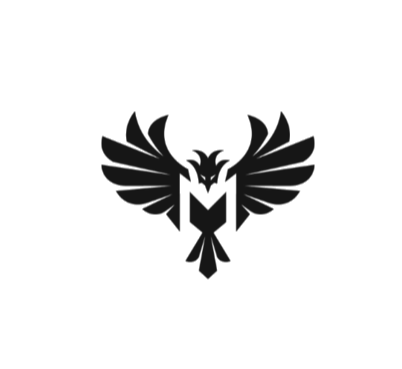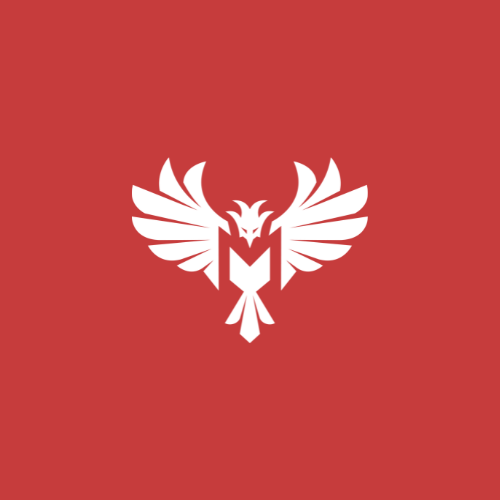Why Greetings Matter in Lebanese Arabic
In Lebanese Arabic, greetings are not just polite words. They’re a cultural ritual. A simple hello can lead to a longer exchange, asking about your family, work, or health. Unlike Modern Standard Arabic (MSA), which feels formal and stiff, Lebanese greetings are shorter, warmer, and more personal.
Mastering them will instantly make your conversations smoother, and people will appreciate your effort.
You can also check out: 150+ Essential Lebanese Arabic Phrases


